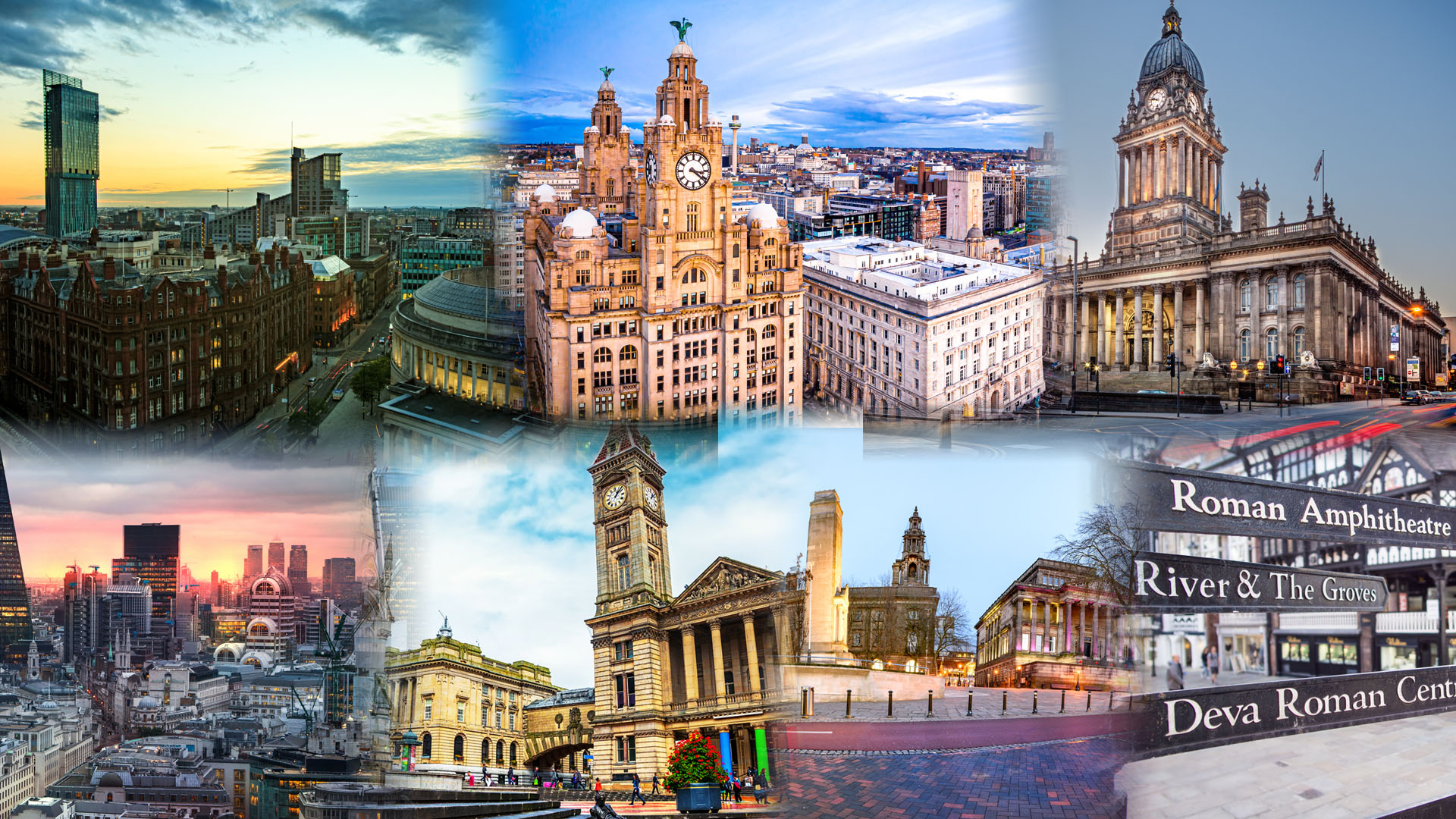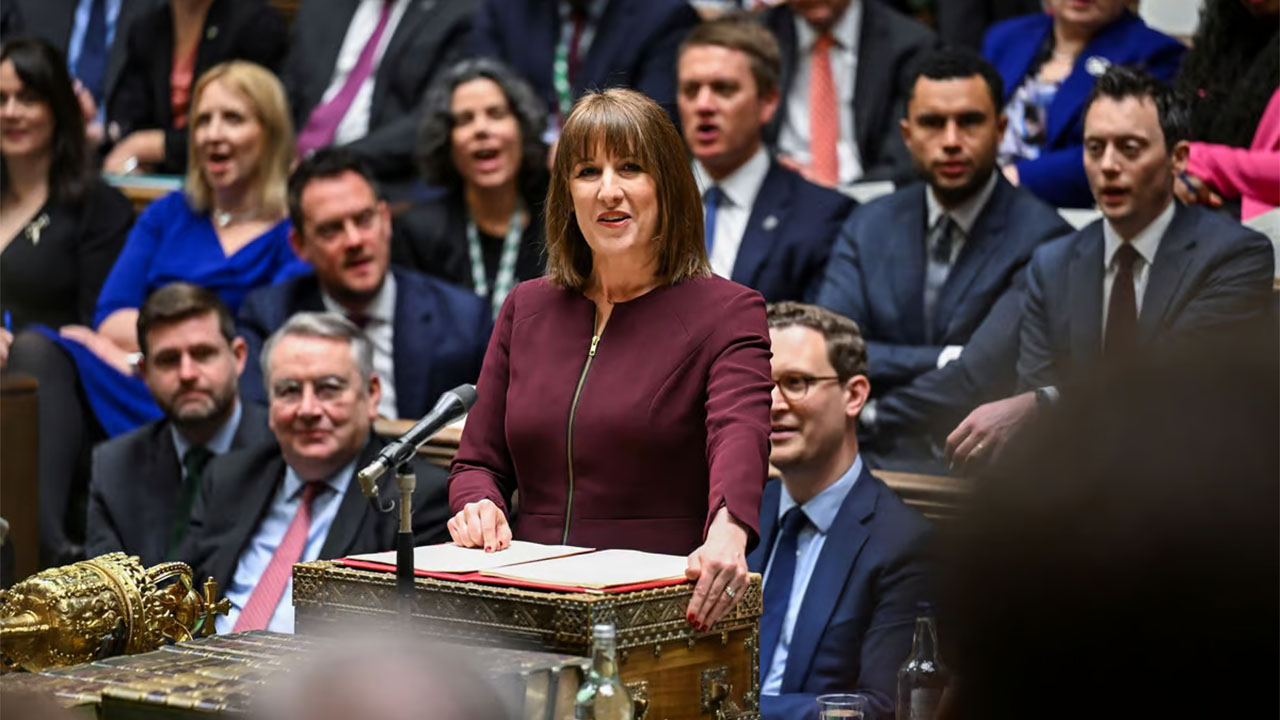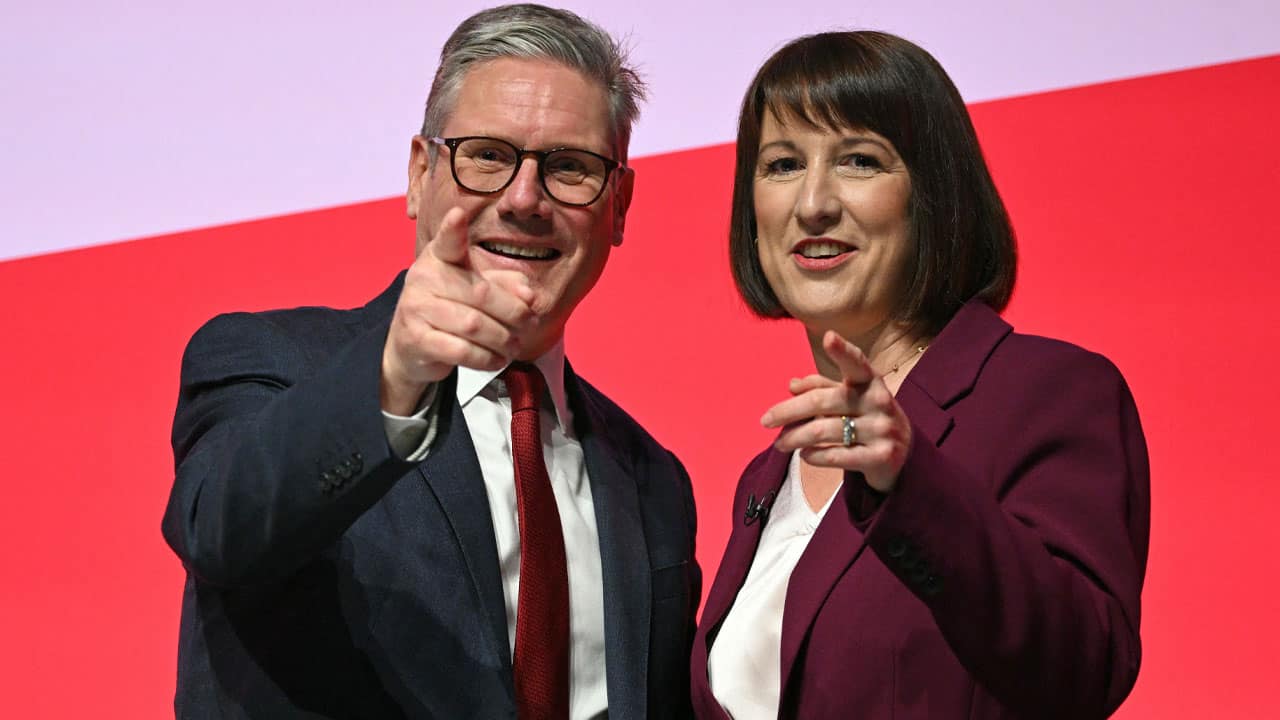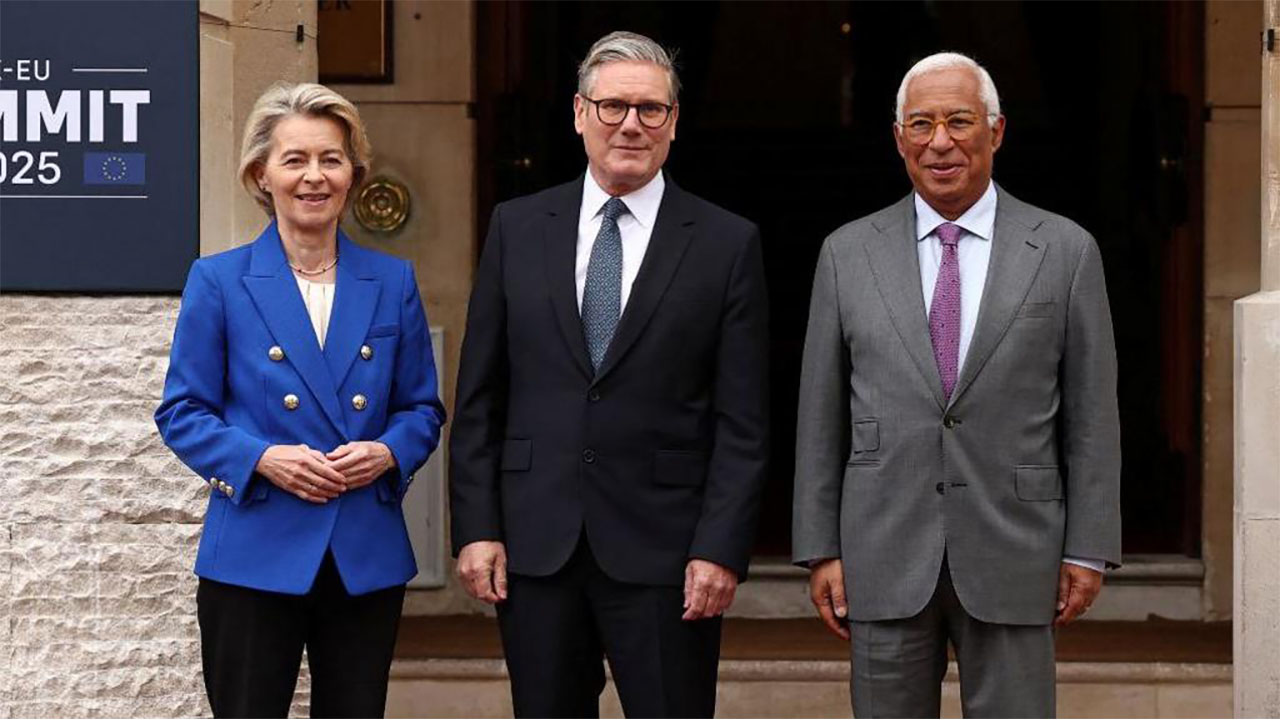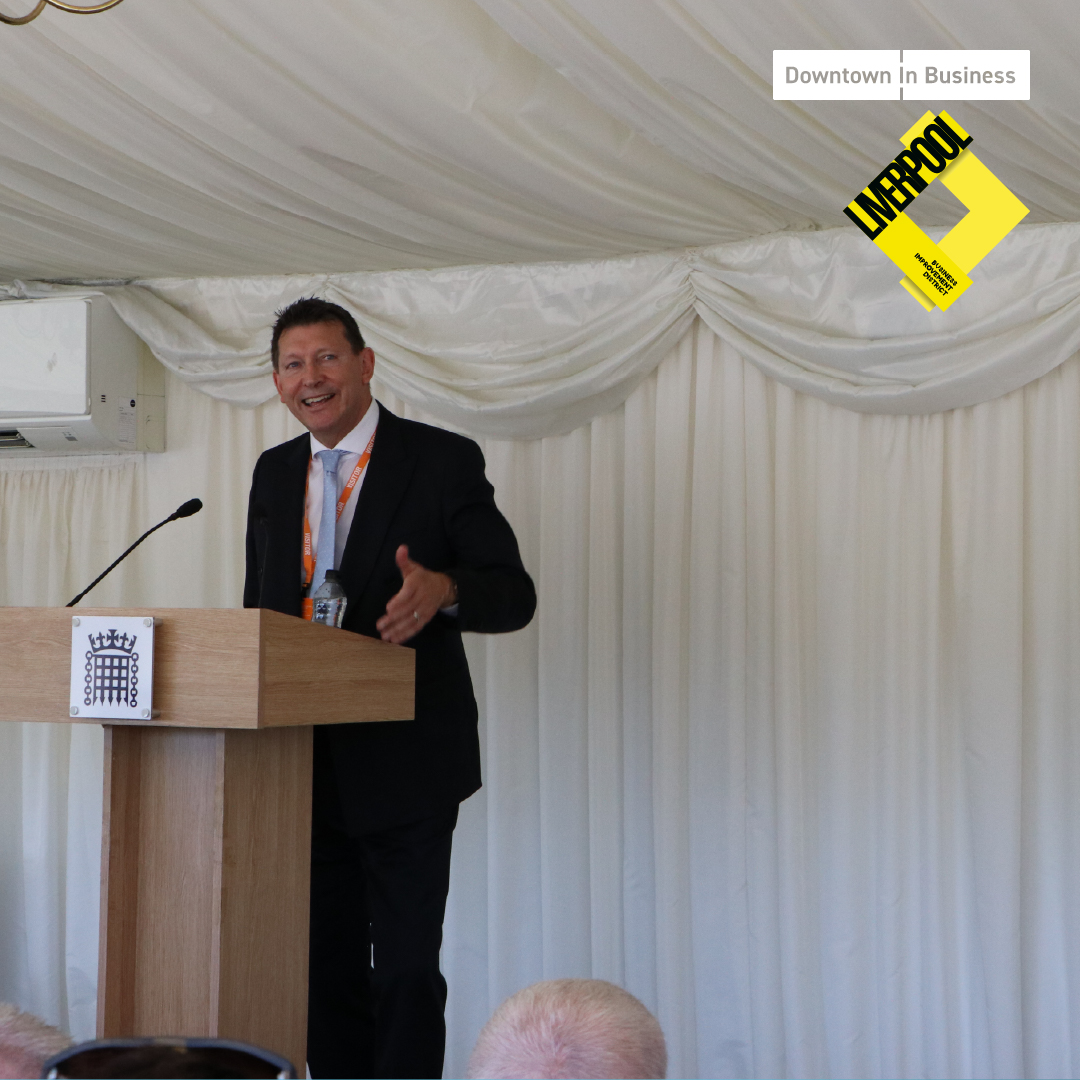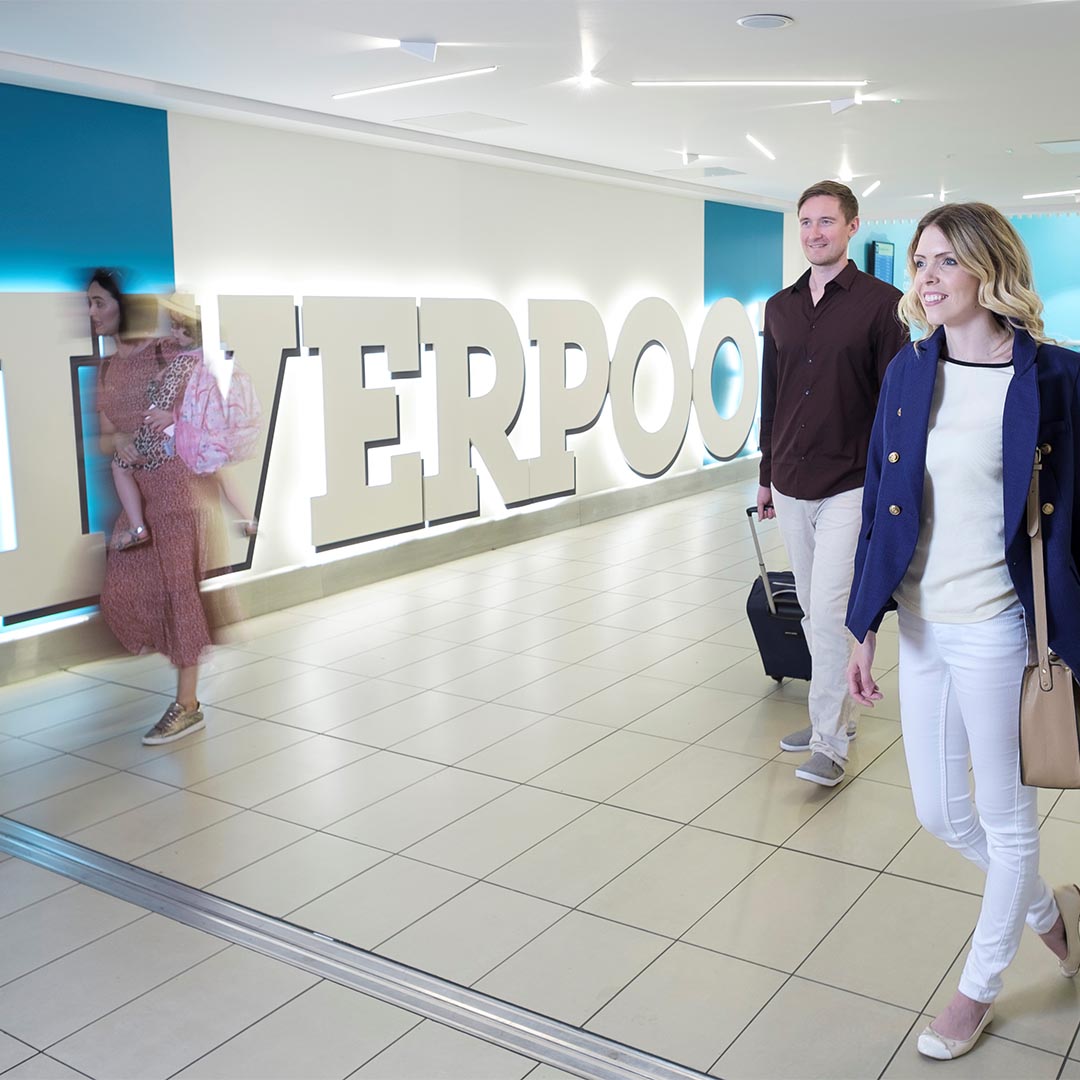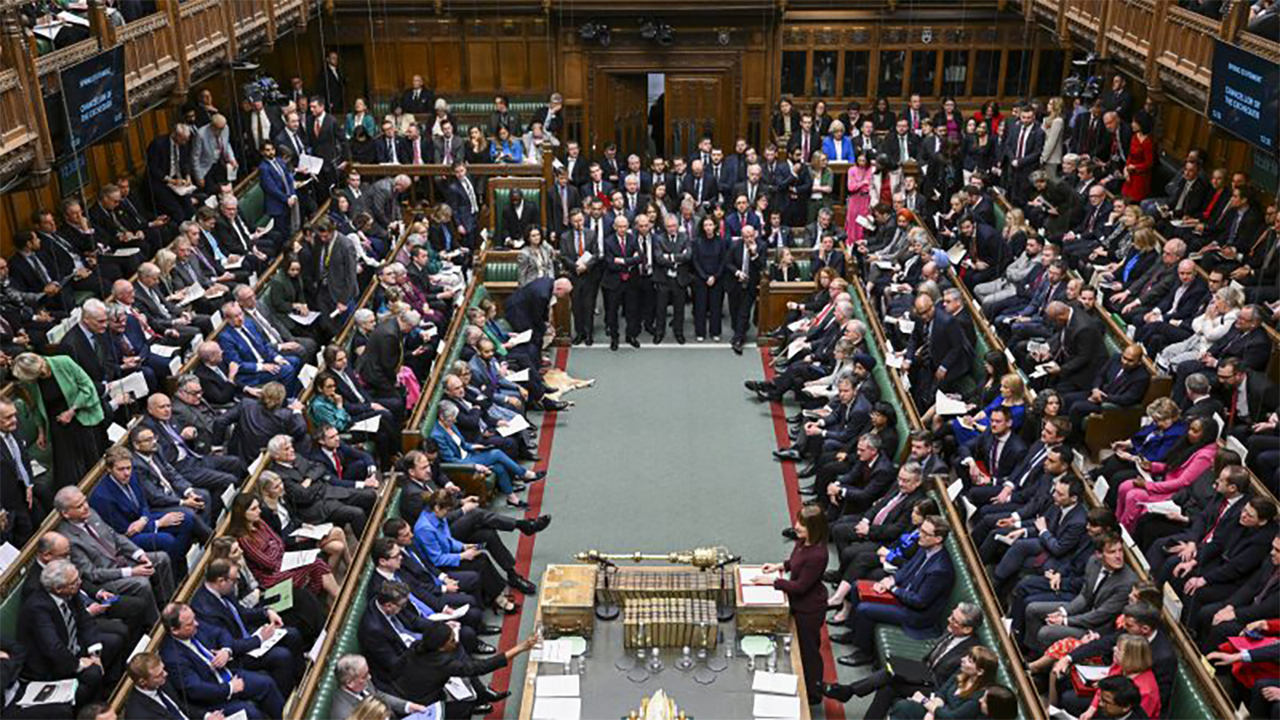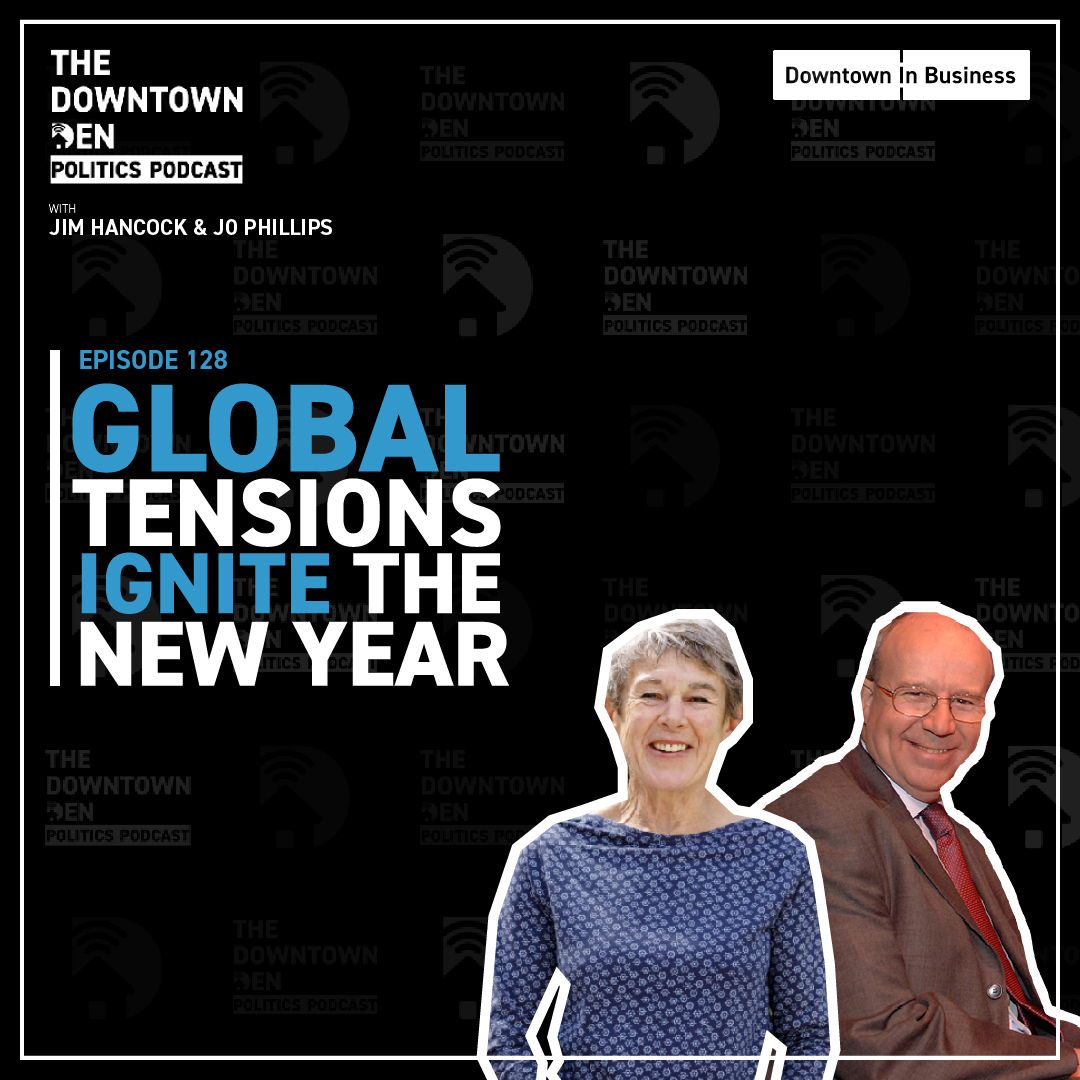[vc_row type=”in_container” full_screen_row_position=”middle” scene_position=”center” text_color=”dark” text_align=”left” overlay_strength=”0.3″ shape_divider_position=”bottom”][vc_column column_padding=”no-extra-padding” column_padding_position=”all” background_color_opacity=”1″ background_hover_color_opacity=”1″ column_shadow=”none” column_border_radius=”none” width=”1/1″ tablet_text_alignment=”default” phone_text_alignment=”default” column_border_width=”none” column_border_style=”solid”][vc_column_text]There is a growing opinion that the lockdown we have experienced in the UK over the past three and a bit- months will lead to long-term changes in people’s behaviours. In turn, we will see our great cities struggle to return as the natural drivers of economic growth that they were prior to COVID-19.
Working from home, a realisation that there are better things to do with your life than spend three hours a day on a painful commute and a continued underlying fear of the virus will, say some commentators, result in a sharp fall in the demand for office space, hospitality venues and city centre apartments.
For the sake of our economic health, we must hope that such predictions are wrong. The good news is, they most probably are.
In the Seventies and Eighties, our cities were abandoned in favour of characterless out-of-town industrial parks, retail outlets and new town developments.
The economic and human impact of that move away from cities was devastating. Communities were decimated, thousands of individuals felt alienated and unemployment rocketed to over 3 million.
Growing up in the new town of Skelmersdale, I have first- hand experience of the negative consequences of shifting 40,000 folks out of a city location with the promise of a brave new world. The new town dream quickly became a nightmare for many who bought into it. Those who selected Runcorn or Kirkby fared no better and there are examples of this flawed experiment further south too.
We cannot afford to repeat the mistakes of the past by seeing cities as a problem rather than a solution during this latest challenge – and as our human instincts kick-in I am more than confident that, in fact, cities will be the leading forces of our return to economic recovery in 2021.
As the leading Lancashire entrepreneur Tony Attard told me in an interview this week “people revert to type”. He is right. Which is why, once business leaders and politicians start to demonstrate a more confident, robust approach to encouraging people back to our city centres, they will become the bustling, creative, growth hubs that they need to be.
If that doesn’t happen, the economy will take a much longer time to recover. For it is only when people start to return to cities that our transport networks, hotels, restaurants, pubs, coffee shops and clothing retailers can begin to thrive once more.
The corporate community should be leading that return by getting their workforces back into the office as soon as they can. Not only is working from home less productive and, indeed, soul destroying for some – but it stops the creative processes, the collaborative and the deal-making environment that occurs when people are working alongside each other, able to share thoughts and ideas.
For business, cities provide high productivity, a sense of community, a buzz, centres of excellence and knowledge, networks, culture, and more besides.
Given the huge challenges we now face in getting the UK back on its economic feet, the sooner cities are fully operational again, the better for all of us.[/vc_column_text][/vc_column][/vc_row][vc_row type=”in_container” full_screen_row_position=”middle” scene_position=”center” text_color=”dark” text_align=”left” overlay_strength=”0.3″ shape_divider_position=”bottom”][vc_column column_padding=”no-extra-padding” column_padding_position=”all” background_color_opacity=”1″ background_hover_color_opacity=”1″ column_shadow=”none” column_border_radius=”none” width=”1/1″ tablet_text_alignment=”default” phone_text_alignment=”default” column_border_width=”none” column_border_style=”solid”][vc_raw_html]JTNDYSUyMGhyZWYlM0QlMjJodHRwcyUzQSUyRiUyRnR3aXR0ZXIuY29tJTJGRG93bnRvd25GcmFuayUzRnJlZl9zcmMlM0R0d3NyYyUyNTVFdGZ3JTIyJTIwY2xhc3MlM0QlMjJ0d2l0dGVyLWZvbGxvdy1idXR0b24lMjIlMjBkYXRhLXNob3ctY291bnQlM0QlMjJmYWxzZSUyMiUzRUZvbGxvdyUyMCU0MERvd250b3duRnJhbmslM0MlMkZhJTNFJTNDc2NyaXB0JTIwYXN5bmMlMjBzcmMlM0QlMjJodHRwcyUzQSUyRiUyRnBsYXRmb3JtLnR3aXR0ZXIuY29tJTJGd2lkZ2V0cy5qcyUyMiUyMGNoYXJzZXQlM0QlMjJ1dGYtOCUyMiUzRSUzQyUyRnNjcmlwdCUzRQ==[/vc_raw_html][/vc_column][/vc_row]


